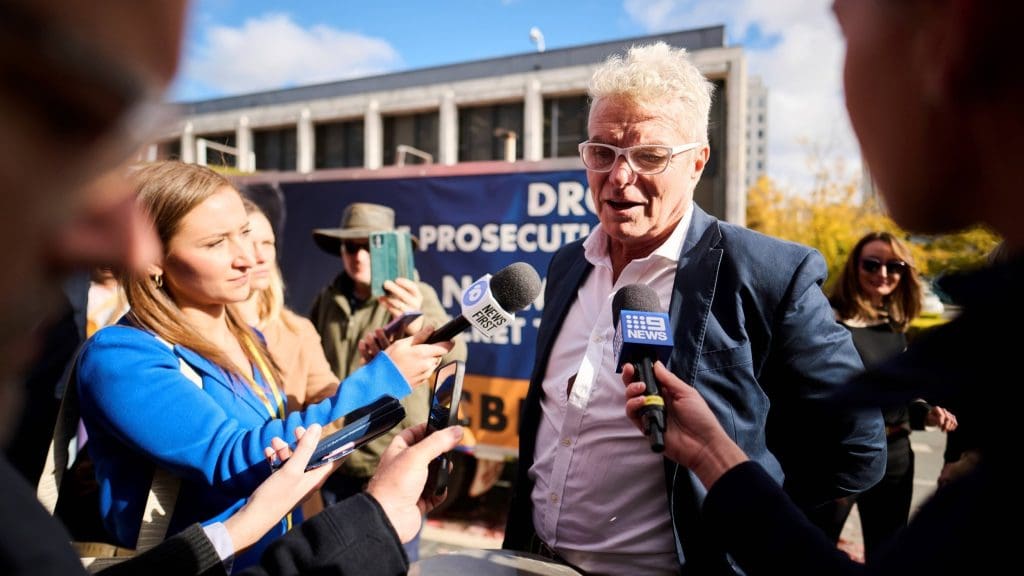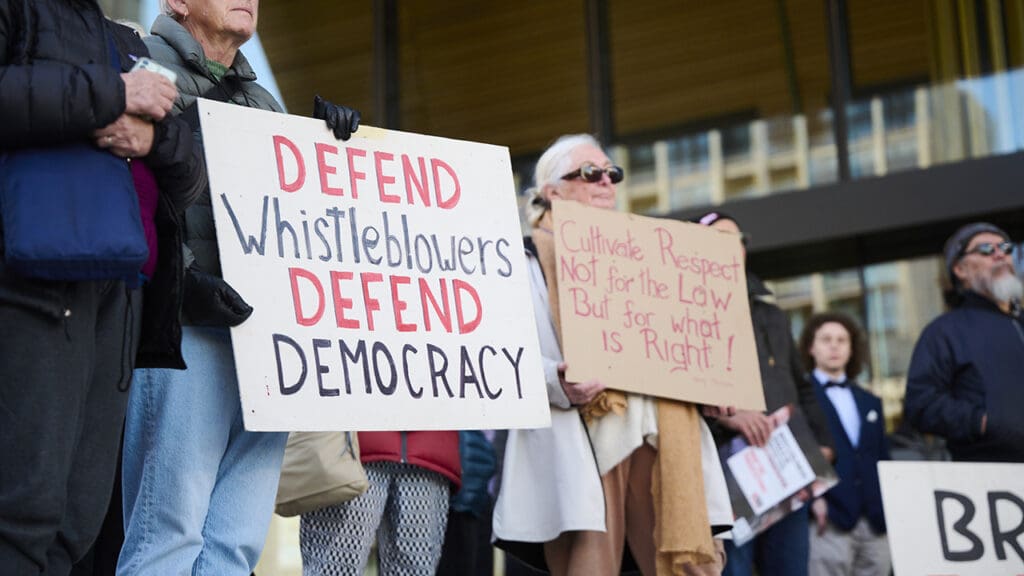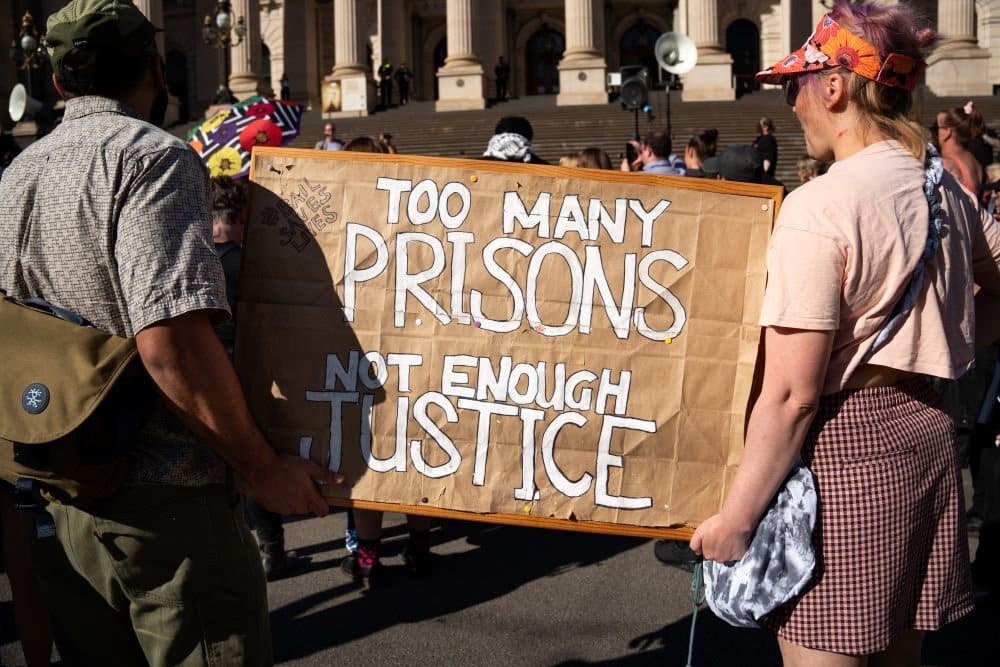Focus now must be on vaccine supply and voluntary measures, not mandates
The Human Rights Law Centre today warned of the human rights risks of mandating vaccines outside of high-risk areas and called for greater focus on supply and voluntary measures.
In guidance released today, the Centre outlined human rights considerations around mandating COVID-19 vaccinations as a condition of work or to receive goods and services. The guidance responds to growing calls to make the COVID-19 vaccine mandatory in settings like high-risk workplaces or as a pre-condition to going to events like the football or boarding an international flight.
The Centre strongly supported vaccinations in order to save lives and protect health and to enable governments to safely lift restrictions. However, the Centre highlighted continued problems with the pace and coverage of the vaccination roll-out, including for groups who were at greater risk from COVID-19, like Aboriginal and Torres Strait Islander people and people with disability.
Mandating vaccines outside of high-risk areas should only be considered once all reasonable voluntary efforts have been exhausted.
Human Rights Law Centre Executive Director Hugh de Kretser said:
“Vaccines are crucial to saving lives and restoring freedom in this pandemic. However, making vaccinations mandatory in workplaces, and the use of vaccine passports, carry significant human rights risks.
“Human rights principles can help governments and employers make the right decisions on vaccines when considering how to promote health and safety without treating people unfairly.
“There are strong justifications for considering vaccine mandates in high-risk workplaces like aged, disability or health care. But outside of those areas, governments and employers must tread very carefully when thinking about mandating vaccines in workplaces.
“Right now the focus must be on vaccine supply, access and promotion. Everyone who wants the vaccine should be able to get it, and public communication campaigns and incentives should be explored to promote vaccine uptake.
“Mandating vaccines for workers outside of high-risk areas should only be considered once all reasonable voluntary efforts have been exhausted. Exceptions must be considered for people with genuine health or religious reasons.
“Similarly, governments and businesses must tread very carefully when considering vaccine passport systems. It would be unfair to exclude people from goods and services if they cannot access the vaccine. There must be ways to ensure vaccine passport access for people without ready access to technology.”
Media contact:
Evan Schuurman, Media and Communications Manager, 0406 117 937, evan.schuurman@hrlc.org.au
Media Enquiries
Chandi Bates
Media and Communications Manager

Albanese Government must act on whistleblower reform as David McBride’s appeal dismissed
The Human Rights Law Centre, the Alliance for Journalists’ Freedom and the Whistleblower Justice Fund are calling on the Albanese Government to act on urgent, robust whistleblower protection reform, after war crimes whistleblower David McBride’s appeal was dismissed today.
Read more
Tax whistleblower Richard Boyle’s guilty plea an indictment on Australia’s broken whistleblowing laws
The Human Rights Law Centre and the Whistleblower Justice Fund have condemned the Albanese Government’s ongoing prosecution of Richard Boyle, as the tax office whistleblower pleaded guilty at a hearing in Adelaide today.
Read more
Crisafulli Government’s shameful adult sentencing laws will harm kids, families, and communities
The Human Rights Law Centre and Change the Record have slammed the Crisafulli Government for passing laws that will sentence even more children to adult-length terms of imprisonment. The laws will lock up children for even longer, and harm kids, families, and communities.
Read more


